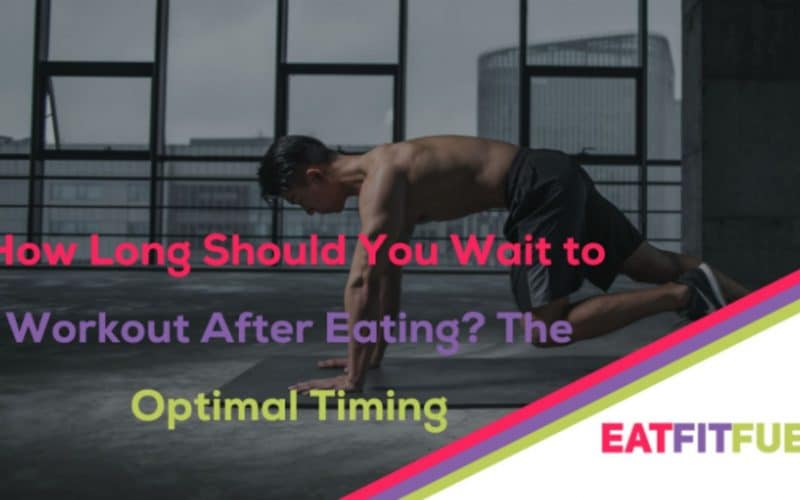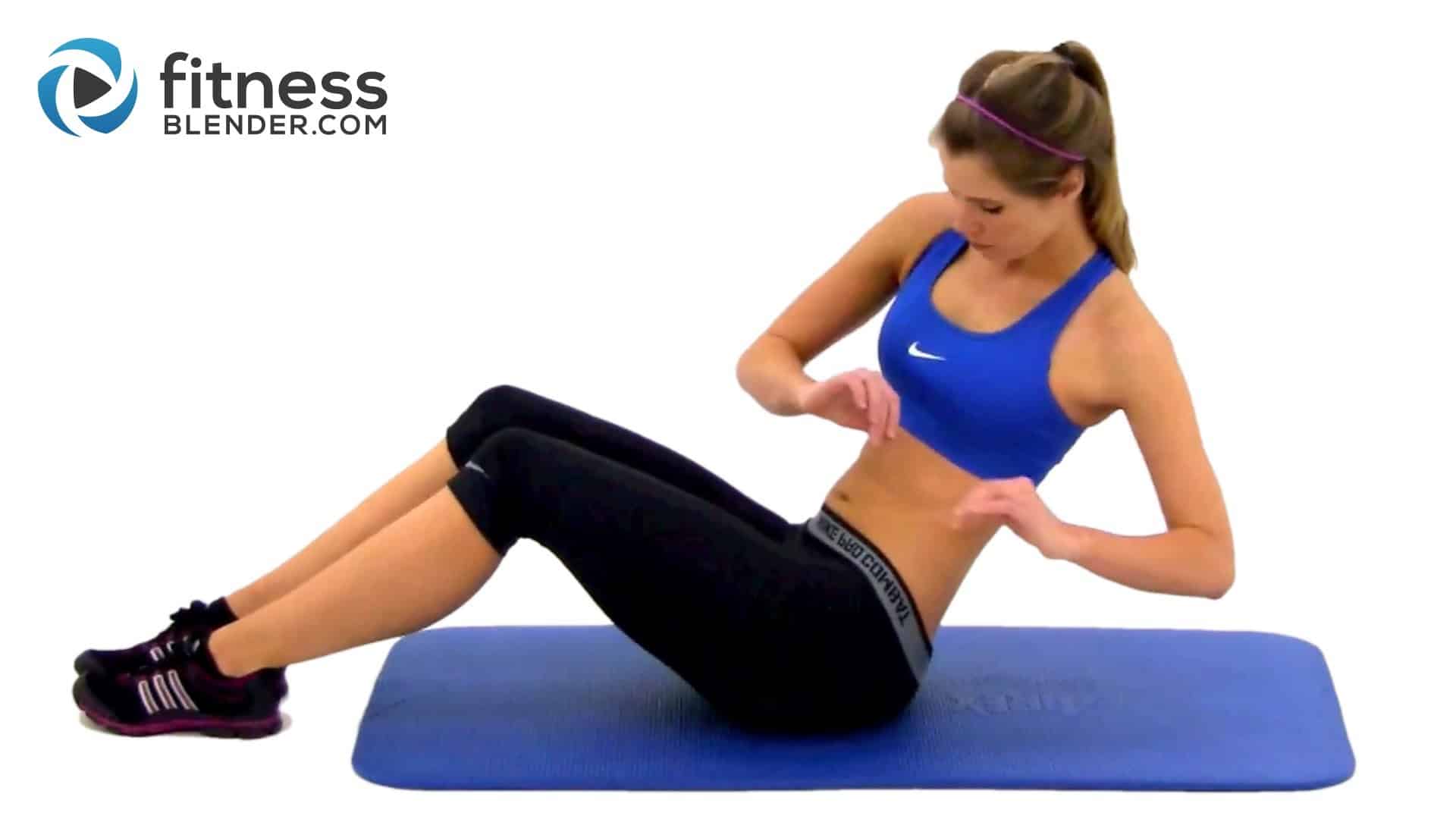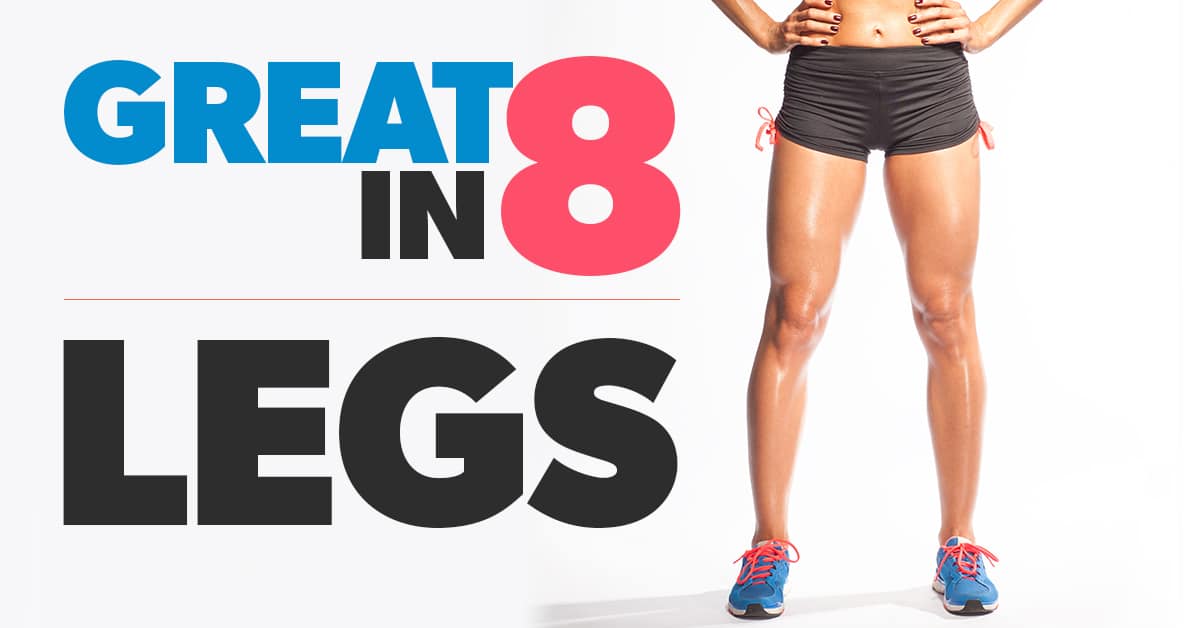Imagine a typical scenario of a busy day and you haven’t had much to eat. So, thinking a calorie boost will do you good, you grab a filling meal as you head to the gym. But, on the contrary, this might not be a good idea. Eating a filling meal and immediately working out do not gel together. You should know how long to wait before you exercise. You need to follow the optimal timing. Not doing so can result in some repercussions for your body. Also, you may not get the optimal results you hope to get. We will explain the nuances as we delve further into the topic.
Overview
The Science Behind Optimal Timing
The Rule of Thumb: Meal Size Matters
Diverse Responses: Everyone’s Different
The Risks of Ignoring Timing
Pre-Workout Meal Composition
Pre-Workout Foods to Avoid
The Role of Timing in Different Types of Workouts
1. Endurance Training
2. Strength Training
3. Yoga/Pilates
4. Morning Workouts
Frequently Asked Questions (FAQs)
Conclusion
The Science Behind Optimal Timing
Think back to your science class for a moment. You probably remember learning that when we exercise, more blood flows to our muscles. During a workout, the body shifts blood away from places like our digestive system and directs it to our hard-working muscles. It’s like a priority system! However, if this blood diversion doesn’t happen and our muscles don’t get the blood they need, it can lead to painful cramps.
Ever wonder what goes on when you have a big meal right before hitting the gym? Well, here’s the scoop: your body has to multitask big time. It needs to send blood to both your muscles for your workout and your digestive system to process that meal. When your body divides its attention like this, your muscles might not get all the blood they require. This can be bad for your workout plans.
But there’s more! When food stays in your stomach, it can lead to indigestion, bloating, and cramps. Depending on what and how much you ate, it might be a few hours before you start feeling better. Having said that, we come to our next point.
The Rule of Thumb: Meal Size Matters
It is good to wait for about 2-3 hours after a substantial meal before starting your workout. If you have your lunch at work around 2 in the afternoon, you can hit the gym at around 5 or 6 in the evening. If you just had a snack, stick to an optimal time of 30-60 minutes. Remember, with bigger meals, your digestive system works a little harder. It needs all the blood it can get to hasten the process. After that, the body can reroute the blood to the muscles without impacting other areas.
But this rule only applies in some cases. The meal type has a significant role to play as well. Protein-rich foods and fatty foods take longer to digest. You’ll experience significant discomfort if you exercise when the food in your stomach hasn’t been digested. Wait 2-3 hours before attempting any workout.
The body quickly absorbs fast-digesting carbohydrates. This literally means that in 30 minutes, you are good to go. These fast-digesting carbohydrates include foods with high glycemic index sizes and simple sugars. Other examples are ripe bananas and sugary cereals. You’ll get a rapid energy rush by consuming these foods. A crash may also follow a blood sugar spike.
Complex carbohydrates like vegetables, whole grains, and oats take longer to digest. But you get a more sustained release of energy from them. That will be critical during a grueling workout session. Take these carbohydrates 1-3 hours before exercising.
Fibers like those in vegetables, fruits, and whole grains take time to be digested. You need about 2-3 hours before hitting the gym after consuming these fibers. Such foods are notorious for causing gastrointestinal discomfort if you eat them too close to a workout.
Table Showing Macronutrients and Their Digestion Time4
Please ensure proper hydration regardless of whatever you eat. It helps you avoid cramping and lets you have better performance as you exercise. Finally, please listen to your body because it sends powerful signals. If you feel uncomfortable or sluggish during your workout, take a break. Adjust your regimen accordingly.
Diverse Responses: Everyone’s Different
Individual variability also determines the optimal timing between eating and exercising.
- Metabolism: Some people have a faster metabolism. They digest food much faster than others. It makes it possible for them to exercise sooner after eating.
- Digestive Sensitivity: You may be amongst those who have digestive sensitivity. You may get gastrointestinal distress or discomfort if you exercise too soon after eating.
- Exercise Intensity: Your exercise regime can determine how long you should wait. Low-to-moderate ones like yoga or walking don’t require a very long wait. But high-intensity activities like weightlifting or running do. Please allow the food in your stomach to digest before exercising.
- Personal Preferences: Some people like to work out on an empty stomach while others don’t. But please be careful depending on the type of exercise that you intend to do. Endurance or muscle-building workouts require energy. Thus, plan to have a healthy meal a few hours before.
- Workout Goals: Workout goals can impact how long you should wait. If you are trying to lose weight, the fasted state helps burn body fat faster. However, this is only effective in the short term and can result in a loss of lean muscle mass. This could make a big difference in your long-term weight loss journey. It might be prudent to consider morning exercise on an empty stomach. But a healthy meal before the session is crucial to build muscles.
Even with individual variability, we reiterate one point: listen to your body and act accordingly. Also, experimentation under general guidelines is good. For instance, fiber takes 2-3 hours to be digested. You can adjust the schedule and see how it feels when you exercise after 1.5 hours of eating fiber. If you don’t notice any discomfort, then that’s fine. Maintaining a journal is an effective method of tracking meals and waiting times. Also, get personal guidance from a professional. Fitness trainers or dietitians will create a plan based on your goals and specific needs.
The Risks of Ignoring Timing
By now, it’s evident that disregarding timing can lead to certain consequences. These consequences can be summarized as follows:
- Digestive Discomfort: You’ll experience digestive discomfort if you eat certain foods too close to your workout. Fiber, fat, and protein top the list of such foods. You may experience gassing, bloating, and cramping. You may have to cut your workout session short or reduce its intensity.
- Decline in Performance: If there’s not enough blood in your muscles, it will be hard to perform. Muscles need the oxygen and nutrients present in the blood. Your pre-workout meal will determine how much energy you will have. The wrong timing can result in fatigue, low energy, or a general lethargy. In athletics, this refers to the muscles running out of glycogen or fuel, which essentially puts the brakes on your performance because you’re left without the energy to keep going.
- Blood Sugar Levels: Rapid blood sugar spikes happen after eating high-sugar foods. But it only lasts briefly, as soon you will experience a crash. You will notice that your body suddenly feels shaky and weak.
- Muscle Recovery: Proper nutrition is critical for rapid, post-workout recovery. Ignoring optimal timing can slow down the repair process. It will also impact muscle tissue regeneration. That could lead to soreness in affected muscles for a long time.
- Hydration: Please hydrate properly before your workout. Delaying hydration until the eleventh hour or neglecting it altogether can result in dehydration, along with the added danger of overheating during your workout. If plain water isn’t your thing, there are some great alternatives to consider such as coconut water, kombucha, green tea, or even a refreshing watermelon juice.
- Mental Focus: Hunger or digestive discomfort during your workout will interfere with your mental focus. Concentrating properly to get the best out of the session would be best.
Just as you put effort into planning your workout routines, remember to do the same for your pre-workout nutrition. Optimal timing will ensure optimal performance and let you avoid the risks we have shared above.
Pre-Workout Meal Composition
Table Showing Pre-Workout Meal Composition
By now, it’s clear that what, how much, and when you eat matters. For instance, it impacts your comfort, energy levels, and performance. A good, balanced pre-workout meal is about 500-600 calories. This should ideally be:
- 50% carbs for sustained energy: Carbs are a muscle’s primary energy source. Make sure that your pre-workout meal contains complex carbohydrates like whole grains. The sustained release of energy will support you throughout your workout.
- 20-30% protein for muscle support: Protein is critical for muscle growth and repair. Your pre-workout meal should include Greek yogurt, lean meat, or eggs.
- 20-30% fat for extended satiety: Eating fats will give you a full feeling longer and let you avoid eating unhealthy meals mid-workout because you are hungry. You can get fats from avocados, seeds, or nuts.
Table Showing Food Groups and Their Benefits During Workouts
| Nutrient | Benefits |
| Carbohydrates | – Provide immediate energy for exercise.- Fuel muscles during physical activity. |
| Protein | – Supports muscle repair and growth.- Aids in recovery after intense workouts. |
| Fats | – Source of long-term energy for endurance.- Provide essential fatty acids for overall health and hormone regulation. |
| Vitamins | – Contribute to energy metabolism and muscle function. |
| Minerals | – Support muscle contraction and nerve function.- Help maintain electrolyte balance for hydration during exercise. |
| Fiber | – Aids in digestive health and can help prevent gastrointestinal discomfort. |
| Water | – Essential for hydration, temperature regulation, and overall performance. |
The following are some examples of healthy, pre-workout meals. You will love how quickly you can prepare them.
Oatmeal with Sliced Banana and Almond Butter
This combination helps you get carbohydrates from the oats. Almond butter is a source of protein and fats. Bananas contain potassium and natural sugars. You’ll appreciate this simple yet delicious meal’s sustained energy and muscle support.
Whole-Grain Toast with Avocado and Egg
Whole grains give you complex carbohydrates. Avocado is a healthy source of fats, while eggs are protein-filled. This well-rounded, pre-workout meal will provide you with many benefits during the session such as muscle repair and energy.
Quinoa Bowl with Berries and Greek Yogurt
Quinoa is an excellent source of complex carbohydrates and some proteins. Berries have natural sugars and are excellent antioxidants. Meanwhile, Greek yogurt brings that extra protein while wrapping everything up in creamy goodness.
Pre-Workout Foods to Avoid
Avoid the following foods no matter what:
- Acidic foods like tomatoes or citrus fruits can cause acid reflux and stomach irritation.
- Greasy foods take a long time to be digested and will cause gastric discomfort.
- Beans can cause digestive discomfort due to the gas they produce although this depends on individual variability. Not everyone has an adverse reaction to beans.
- Cruciferous vegetables like cauliflower, broccoli, and Brussels sprouts are popular, gas-causing foods even though they are high in fiber.
- Carbonated beverages can cause gas buildup and abdominal discomfort. You will also have to contend with continuous burping as you exercise.
- Spicy foods irritate the stomach lining and can cause severe heartburn.
Stay attentive to your pre-exercise diet, and avoid anything that might cause you discomfort or problems.
The Role of Timing in Different Types of Workouts
The duration and intensity of your workout will determine the optimal meal timing.
Endurance Training
Endurance training is high-intensity. Thus, your body would need a lot of glycogen to convert to energy. So, ensure that you eat about 3-4 hours pre-workout. It also doesn’t hurt to carry along a few easy-to-digest snacks. Maintaining high energy levels may not be possible from that one pre-workout meal.
Strength Training
Strength training draws on any available glucose and amino acids since the intense bursts of effort involved require a lot of energy. It would be best if you ate a well-balanced meal an hour or two before this workout. Stock up on carbohydrates because they also include proteins that aid in muscle recovery and function.
Yoga/Pilates
Yoga and pilates fall in the light-to-moderate type of exercise. If you don’t have time to eat anything, practicing on an empty stomach is fine. But if you do vigorous activities, you will need the energy, so eat a balanced meal an hour or two before.
Morning Workouts
The fat from the food that you ate the night before will kick-start your metabolism in the morning. That’s why some people can exercise on an empty stomach in the morning. But you can also benefit from an additional energy boost. So, half an hour to an hour before your workout, eat a healthy, pre-workout snack. You’ve got the guidelines, the meal plans, and the risks.
Frequently Asked Questions (FAQs)
1. Is it better to work out on an empty stomach?
Working out in a fasted state isn’t always a good idea. Your body doesn’t have the necessary nutrients to generate energy. You run the risk of not only feeling low in energy but also struggling to reach your full capacity.
2. What are the best pre-workout snacks?
Energy-giving food is a good idea. Aim for 30-60 grams of carbohydrates within an hour of a workout. Fruit, oatmeal, whole-grain toast, yogurt, granola bars, and nut butter all offer easily digestible carbs for fast energy. Smoothies and nutrition shakes are also great, portable options.
3. How does meal timing affect muscle recovery?
Your muscles will need all the help they can get to recover. So, consume some proteins before and after your workout. Eat the proteins 30 minutes to an hour after working out. During that time, your muscles are pretty receptive to nutrients.
Conclusion
Properly fueling your workouts involves balancing meal size, meal composition, and your body’s needs. While general guidelines provide a starting point, you must tailor your regimen to your fitness level, workout duration and intensity, metabolism, and personal digestive comfort.
Experiment to find the ideal pre-workout meal timing and content to give you lasting energy and prevent indigestion. Take note of how different foods, portions, and time frames impact your performance and recovery. With some trial and error, you’ll discover your sweet spot.






